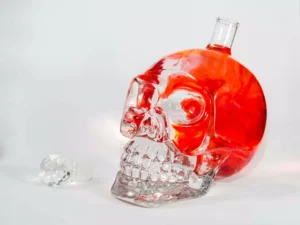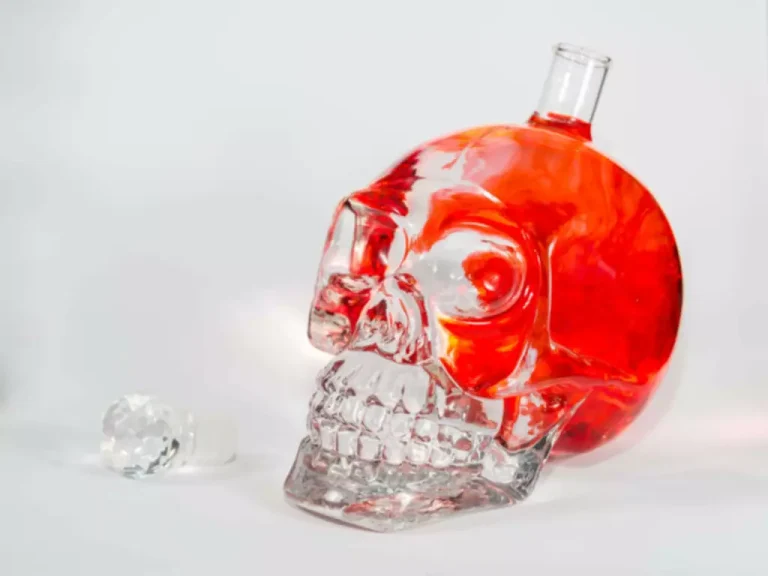Cocaine Addiction: Signs, Effects, and Treatment

The severity of your addiction will guide the intensity and duration of your treatment, ensuring that you receive the appropriate level of care and support. Let us be your partner in this journey towards freedom from cocaine addiction. Policymakers try to understand the relative costs of drug-related interventions.
- Baseline urinalysis data were either reported directly, inferred based on the requirement of having a positive test result for cocaine at study entry, or estimated based on urinalysis results during the first week of treatment.
- Doxazosin has been found to limit the behavioural effects of stimulants, including amphetamine and cocaine 113–115, and attenuate cocaine-induced reinstatement of cocaine-seeking behaviour in rats 116,117.
- In a 2021 national survey, about 4.8 million people in the U.S. ages 12 or older said they had used cocaine in the past year.
- Call our experienced team today, and let’s work together to overcome cocaine addiction and rebuild your life.
Cocaine Addiction Treatment and Levels of Care
It provides you with the necessary tools and support to overcome your addiction and build a healthy, fulfilling life. By seeking treatment, you gain access to a team of experienced professionals who are knowledgeable about addiction and can guide you through the recovery process. Attrition varied widely among clinical trials, ranging from 0 to 82%, with an average attrition of 40%. Among the studies with outpatients, 32% showed more than half of the sample dropped out at the end of intervention, against 14% of the inpatient trials. Half of the studies with 5HT agents had an attrition rate greater than 50%. Notably, studies that included adjuvant non-pharmacological therapies had lower attrition rates.

Treatment and Recovery
The pharmacological mechanisms of medications https://ecosoberhouse.com/article/why-alcoholism-is-considered-a-chronic-disease/ impact treatment outcome differentially across stimulant drugs. Despite many similarities 19,138, promising signals for cocaine do not generalize to other psychostimulants 139. Thus, pharmacotherapy formulation requires tailoring to the primary drug used as well as to the individualized needs of the patient.

Individualized Treatment Plans
It works by affecting the brain’s dopamine levels, which play a role in addiction. Seeking treatment for cocaine addiction is the first step towards recovery and a brighter future. Philip Jenkins suggests that there are two issues with the term “drug abuse”. For instance, GHB, a naturally occurring substance in the central nervous system is considered a drug, and is illegal in many countries, while nicotine is not officially considered a drug in most countries. Characteristics and main findings of the studies included in the systematic review–Other Drugs. Characteristics and main findings of the studies included in the systematic review–Anticonvulsants.
- If you use cocaine regularly or to excess, you may have long-lasting and serious problems with your physical and mental health.
- It’s essential to understand the extent to which cocaine has taken control of your life in order to develop an effective treatment plan.
- In addition, the predominant focus on abstinence, which is difficult for most patients to achieve, may overshadow more nuanced therapeutic signals.
- Acute kidney failure (rather than slowly deteriorating kidney function) is a life-threatening emergency that’s also common with cocaine overdose.
- Support systems such as friends, family, treatment facilities, and other people recovering from addiction, can help you push through this phase.
Recovery starts here.

The a priori hypothesis was that no treatment category would have a significant association with objective cocaine use. However, the positive association between contingency management treatment approaches and a significant reduction in objective cocaine addiction treatment cocaine use was not entirely unexpected. All treatments to which participants were simultaneously exposed in a treatment arm within a study were coded by category.

Cocaine is a highly addictive substance that can cause withdrawal symptoms during detox, including agitation, fatigue, depression, and more. Cocaine detox can start as soon as 24 hours after the last dose, and it can take more than 1 to 2 weeks for acute withdrawal symptoms to stop. Many people who have substance use disorders will try to detox on their own because they believe that they can do so without support.
